Florida Gov. Ron DeSantis signed House Bill 1365 into law on Wednesday, March 20 in response to the growing homeless population in Florida. Despite the state’s smaller homeless population compared to California and New York, the law garnered overwhelming support in the Florida Legislature.
“Florida will not allow homeless encampments to intrude on its citizens or undermine their quality of life like we see in states like New York and California,” DeSantis said before signing the law. “The legislation I signed today upholds our commitment to law and order while also ensuring homeless individuals have the resources they need to get back on their feet.”
The number of homeless people in Florida has nearly increased by 50% since 2021, a trend that has been going on since 2020. This is partly due to rent costs increasing, with more than half of renters in many Florida counties paying more than 30% of their income for housing and one-third of renters paying more than 50% of their income for housing. In 2024, the average rent of a two-bedroom apartment in Florida was $1,557 dollars, $400 more than it cost in 2020 when prices started to rise.
The Government Accountability Office found that a $100 increase in rent caused a 9% increase in homelessness. Since Tuesday, Oct. 1, homeless people in Florida counties have not been allowed to sleep on streets, sidewalks or parks; instead, they must be housed in shelters.
HB 1365 does not directly ban outdoor sleeping or camping on public land nor criminalize homelessness, but rather allows residents, business owners and the state to sue Florida counties for allowing outdoor sleeping and camping on public land. This has motivated local governments, including Broward, to enact their own laws to avoid liability.
“One of the significant problems Broward County faces is the lack of sufficient shelter space,” Sheriff Gregory Tony said in a message from the Sheriff’s Office. “Our county officials are working with local homeless advocates and municipalities to determine where and what type of camping facilities will be designated. These efforts must continue as policymakers craft a more permanent solution for homelessness that addresses affordable housing, mental health and substance abuse treatment.”
Broward created ordinance number 2024-37, which makes public camping or sleeping a civil citation offense under the county’s Adult Civil Citation Program. This prevents the homeless from going to jail for such things.
Broward County has a homelessness budget aimed to provide homeless individuals services and affordable housing. Mayor Nan Rich is aiming to put $43 million into the budget to follow HB 1365. Additionally, $25 million will also be used to work with developers to build affordable housing, create more shelter beds and invest in eviction prevention programs.
“You don’t want to put anyone in jail and you want to give them an opportunity to fix their lives, hopefully, and give them services and an opportunity to get a job and then get into affordable housing,” Rich said in a Local10 interview. “That is the goal for us.”
Broward County is receiving roughly $667,000 from HB 1365. However, the law does not designate enough funding to counties for it to fully create its intended effect of lowering homelessness. Even Florida’s largest counties received only $600,000 in funding to comply with HB 1365, which has been cited as not being enough for what is needed to supply support for the homeless.
“I think the law is awful because it takes away from a group of people that already don’t have much of anything,” senior Shree Choksi said. “I understand taking away spaces for the safety of Floridians, but an entire state cannot permit a law like this if homeless people do not pose a threat to all Floridians. [Florida should] establish better living conditions in general for the homeless because simply not allowing homeless people to wander streets to sleep will not get rid of the issue.”
The county is also using a program called Project Home Again to pay landlords rent for empty housing to designate to the homeless, with over 500 landlords currently participating.
“I had no idea [about the law], I actually feel bad about it to be honest,” sophomore Lucy Woo said. “If they don’t have a home, where else are they supposed to go? [Florida should] put more funding into the proposed shelters. If there are enough locations, homeless people won’t need to be on the streets. Also try and get to the root of the issue and see why these people can’t afford a home in the first place, and if that’s something that can be addressed.”
Rich said that the county is working with Fort Lauderdale to build a temporary shelter, but a site for the shelter has not been decided on yet and the plan is currently being held off.
“We are trying to find additional ways to add beds to our shelter capacity with those dollars,” Paldino said. “An additional million dollars from the county and part of that program is not only funding the Legal Aid attorneys but giving them dollars to pay the arrears so the landlords are made whole and the tenant can remain in the property because if we can stop an eviction that is one less family or individual on the street.”
Shelters are often at capacity. According to the Department of Housing and Urban Development, Florida had 30,756 homeless people in 2023, a number that has only been on the rise. Around 1,650 homeless Floridians are seeking housing in Broward County alone. The county has only 700 shelter beds, and most of them are full.
“I feel like there could be other laws that are more effective for sure,” junior Grace Wang said. “Shelters could become overcrowded leading to people sleeping on the streets as a last resort. By restricting it by law you are essentially giving them one less option on how to live.”
The law does not require a county or municipality to have a shelter bed for every homeless person. When such shelters are full, counties can provide clean, temporary shelters with substance abuse and mental health treatment, and resources authorized by the Department of Children and Families.
However, the county must submit its designation through a majority vote of the governing body of the county and municipality to the DCF. Afterwards it must prove that the designated property is not near any property for residential-use and that it will not affect the property value or safety of any existing residential or commercial property. Even if a county does successfully meet each required criteria of the application, the designation must be temporary and can last no longer than one year.
Since these encampments are likely to affect property value, it is unclear how many of these spots will be opened. Broward County officials said that they are not establishing such an encampment anywhere in the county. Broward County may also take the Miami-Dade County approach of using abandoned hotels and purchasing homes, or follow suit with Palm Beach County’s plan to create overnight parking lots for the homeless living in cars.
Courts have ruled that laws punishing people for sleeping in public only for being homeless are unconstitutional under the Eighth Amendment. Still, the Supreme Court decision in City of Grant’s Pass v. Johnson in June, ruled that ordinances punishing public camping were not status-based punishment.
The new law may also prevent the access of services to the homeless, prioritizing enforcement of the law over supporting groups like domestic violence victims, veterans, elderly and the disabled. Critics say making it illegal to sleep on streets makes it harder to get homeless people back on their feet as they are alienated from resources and fearful of being persecuted.
HB 1365 has been a more recent example of a series of laws across many states aimed at addressing homelessness. With the difficulty of creating temporary shelters, Broward is seeing more success in alternative programs. Regardless, it remains to be seen whether the law will succeed as intended and actually cause a decrease in homelessness in Florida.

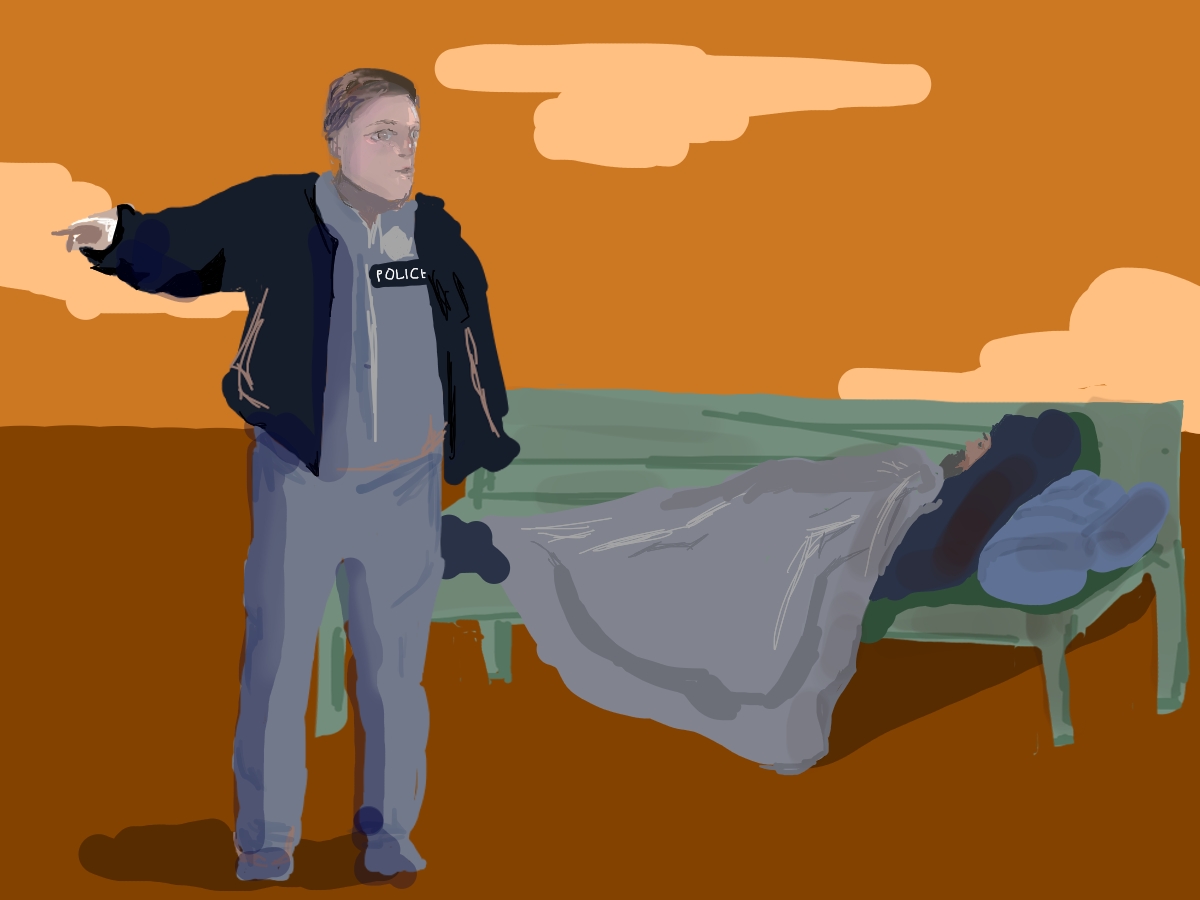

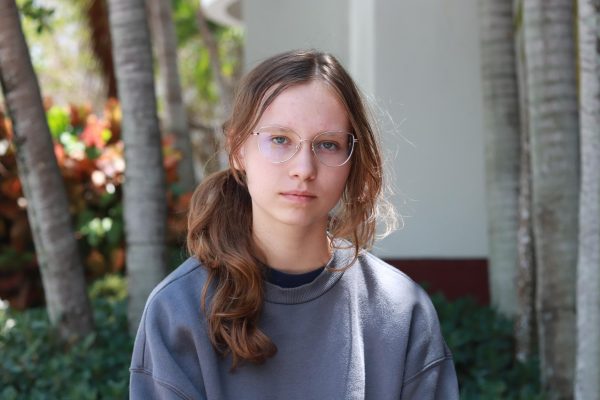

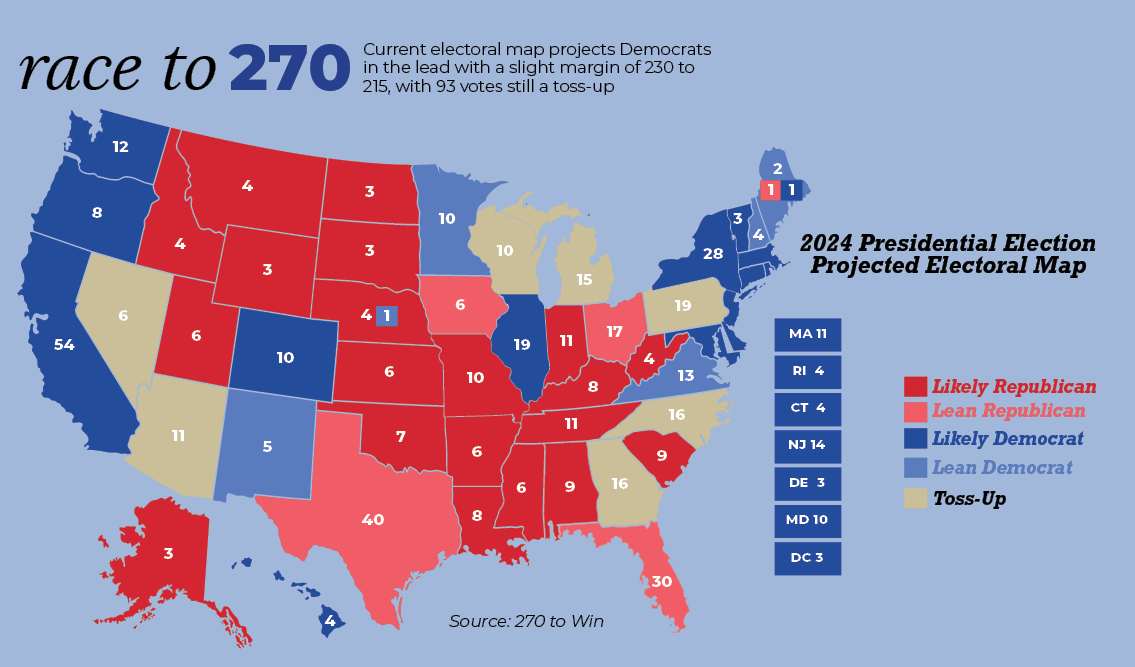
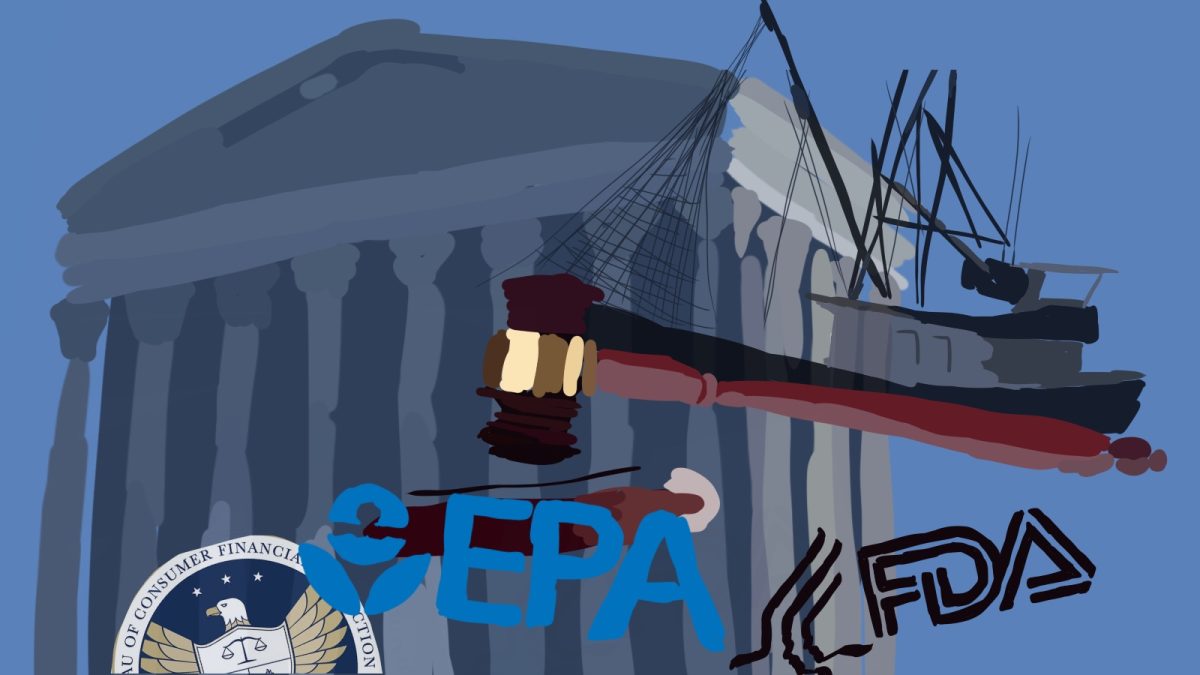

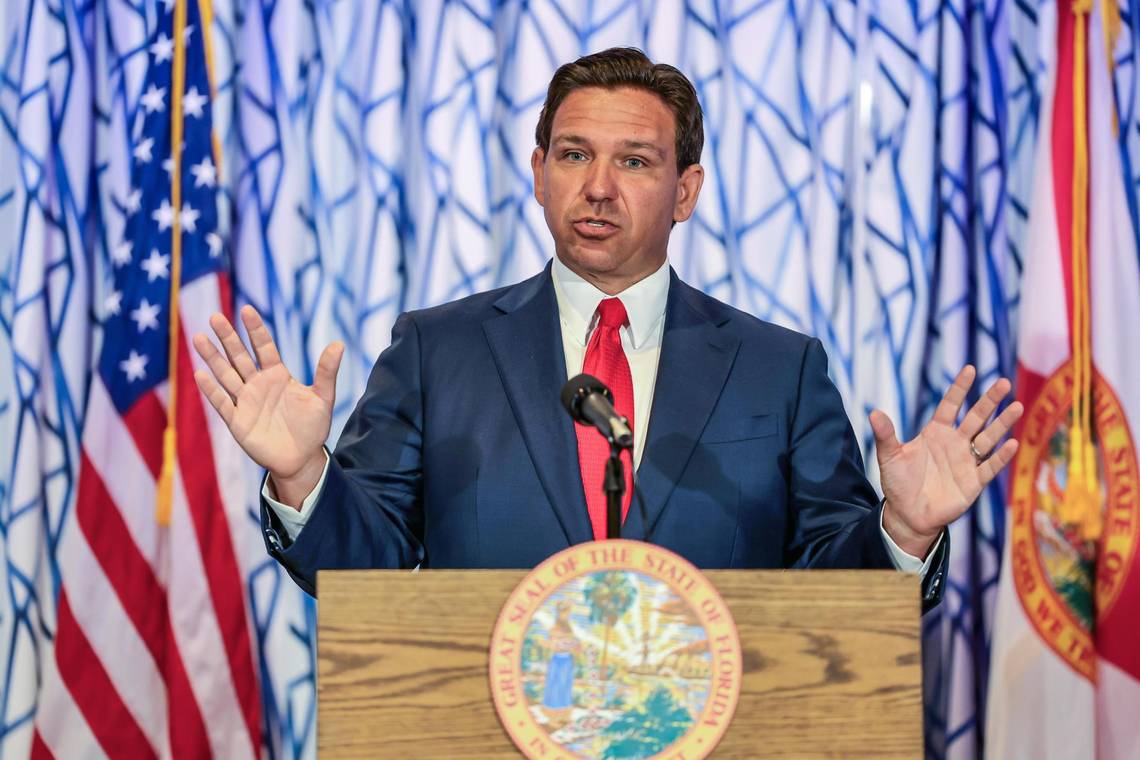
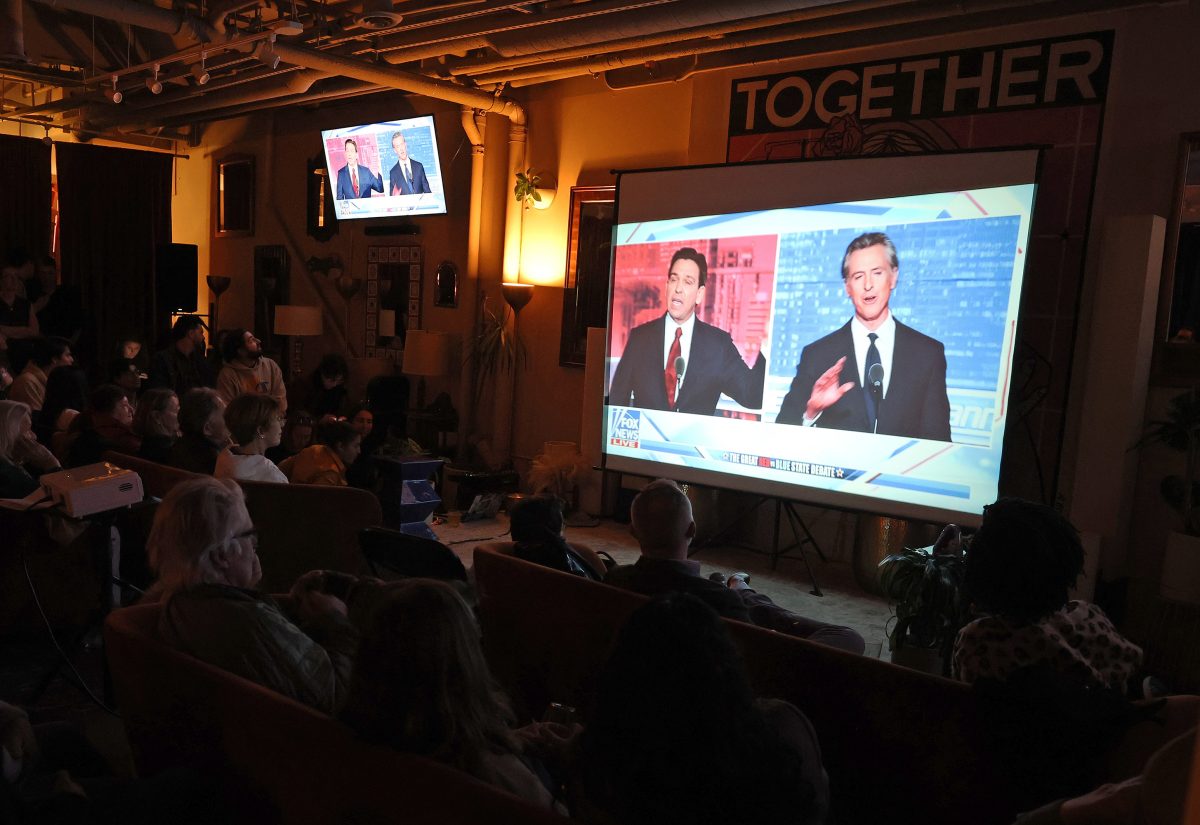
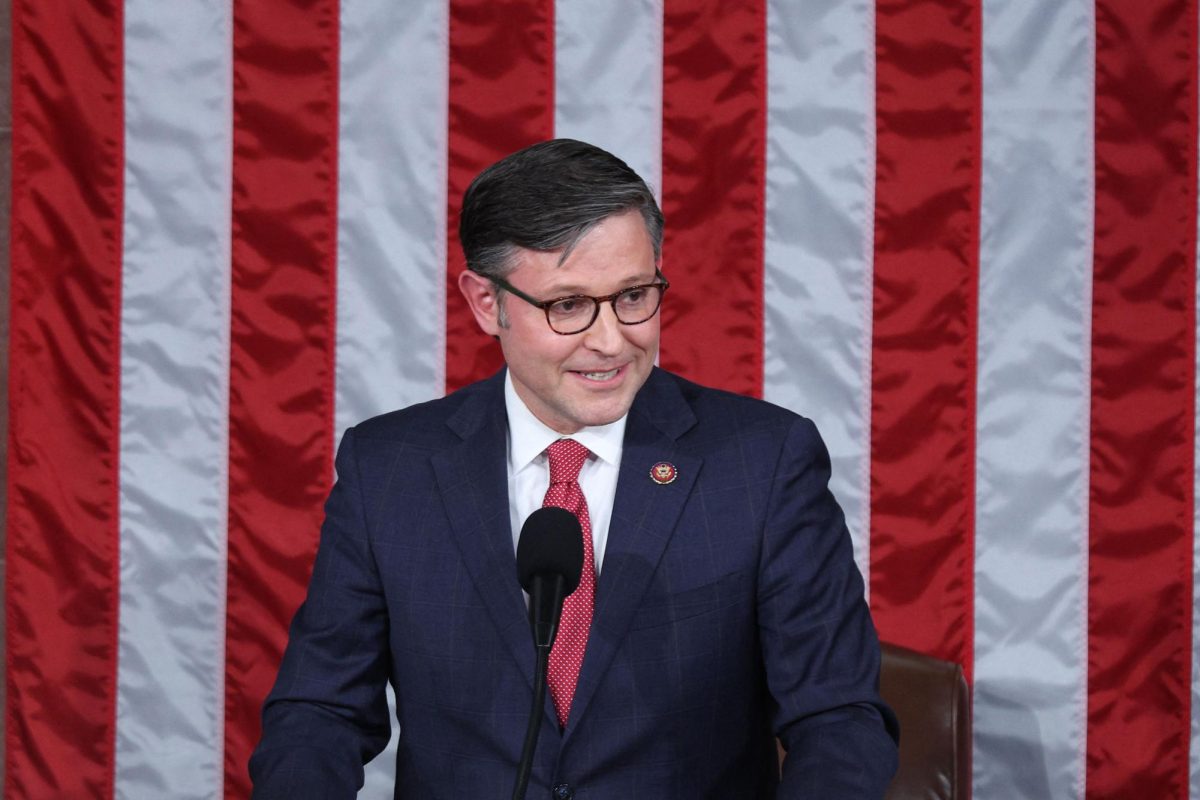
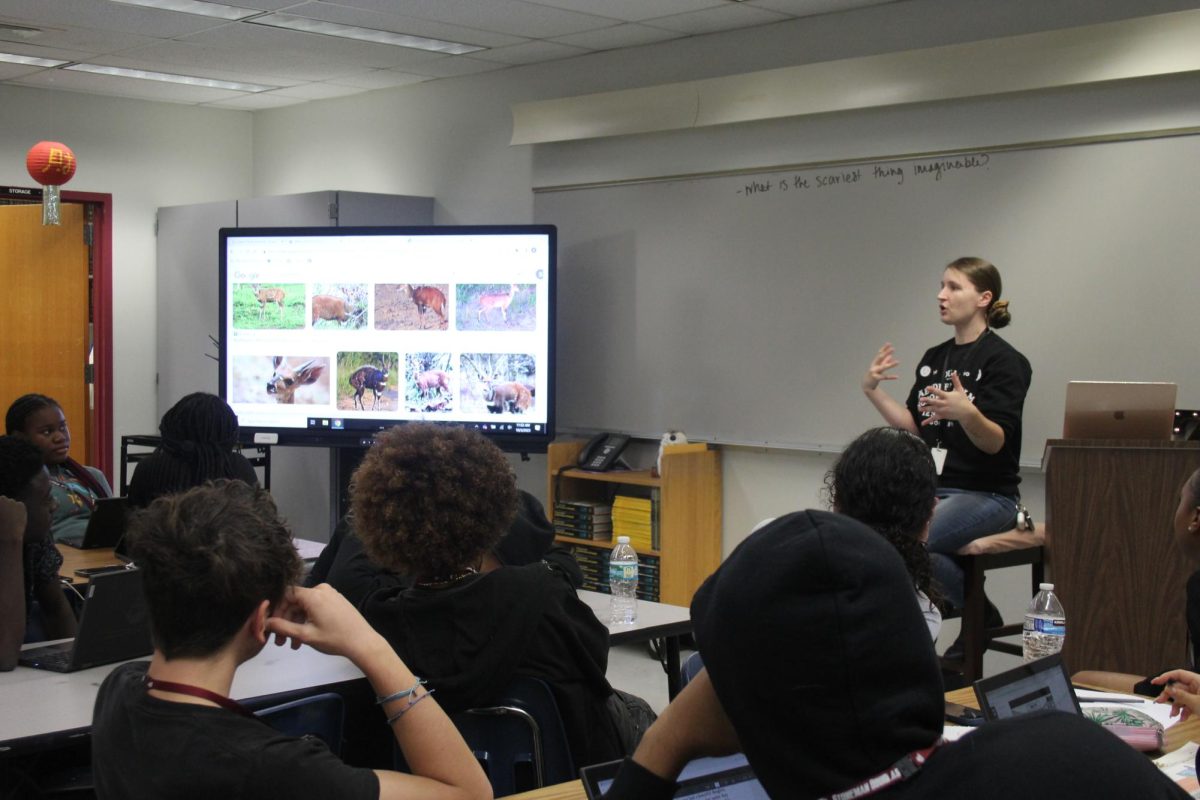
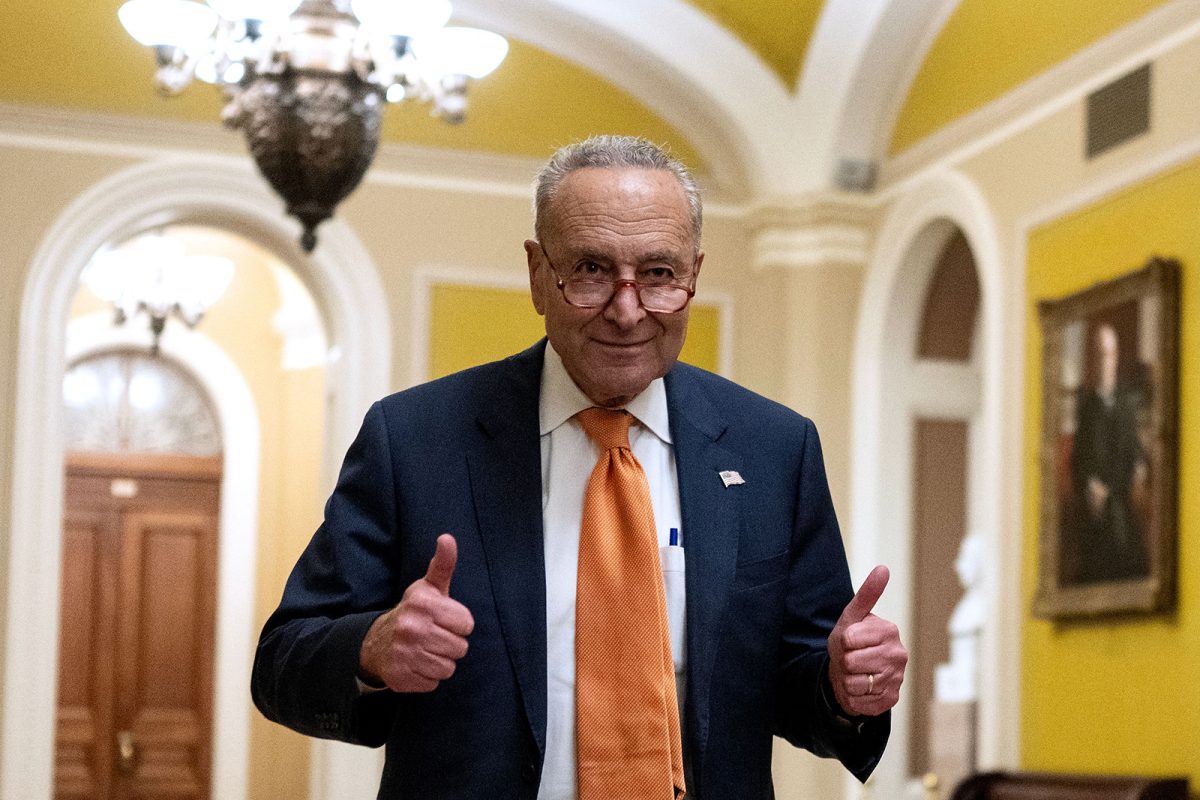
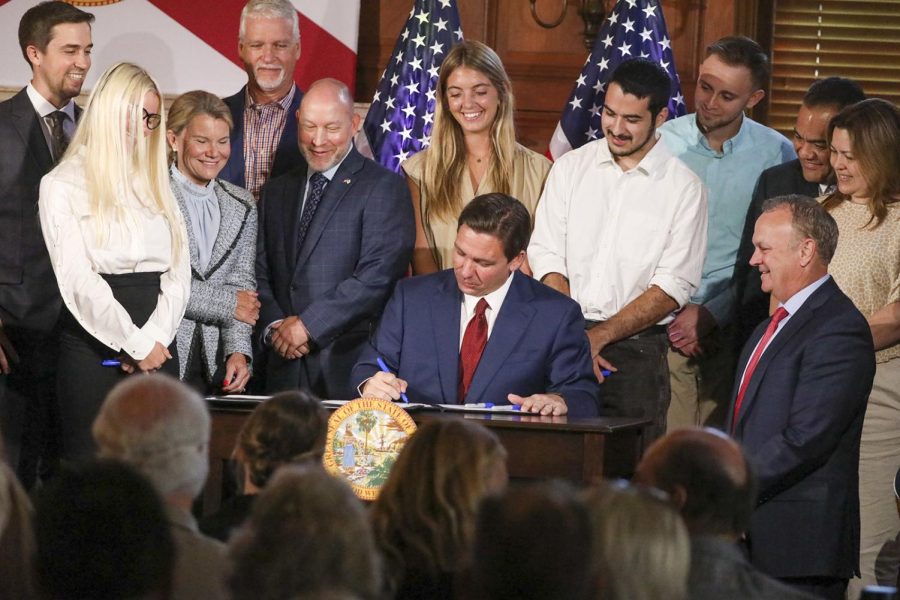
Deborah • Dec 21, 2024 at 5:44 pm
It’s criminal to punish the homeless.